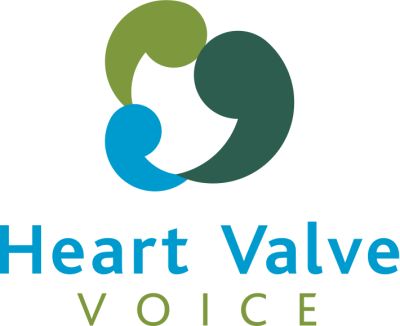
Friday 3rd February 2023
This week, NHS England (NHSE) issued a statement updating guidance on using TAVI to treat severe symptomatic aortic stenosis (AS). In the statement, NHSE confirms that TAVI is an alternative to surgical intervention for patients with severe symptomatic aortic stenosis who are at high surgical risk, and has extended its suitability for those at intermediate or low surgical risk, who meet the detailed inclusion criteria which accompanies the document.
Heart Valve Voice Chairman, Mr Chris Young, said, “Since the beginning of the pandemic, the Heart Valve Voice has been calling for an increase in valve disease treatments and better access to all clinically appropriate treatment options. From the statements at the start of the pandemic to the NICE Consultation and the Parliamentary Evidence Sessions, the charity has worked tirelessly to help patients by increasing treatment numbers and options.”
While TAVI is still recommended as an alternative to surgical intervention and only where clinically appropriate, NHSE’s position statement also acknowledges the challenge of growing waiting lists for treatment of severe AS, which has been exacerbated by the pandemic. TAVI is associated with less time in hospital and lower requirement for intensive care than surgical intervention. The increase in number of people treated with severe AS that is likely to follow NHSE’s statement is to be welcomed. The increase in its use is good for all patients waiting to be treated for heart valve disease. In addition, an increase in TAVI will speed up waiting lists for surgical intervention, enabling clinicians to treat more patients.
Heart Valve Voice Executive Director, Wil Woan, said, “During our NICE Consultation and through all our patient engagement campaigns over the past two years, patients told us they wanted better access to all clinically appropriate treatment options, so this document from NHSE is a welcome step forward in delivering that. Crucially, decisions on what treatment is best must always be shared between patients and their clinical team, giving more power to local services to make decisions. This system should increase treatment for aortic stenosis, reducing waiting times and saving lives.”
In the statement, NHSE stated that TAVI may provide an alternative to surgical intervention for patients with severe symptomatic aortic stenosis who are at intermediate or low surgical risk and who meet the detailed inclusion criteria which accompanied the document. Before this statement, only patients at high risk of surgical intervention were considered suitable for a TAVI procedure.
Importantly, decision-making on suitability for TAVI will be determined by an aortic valve multi-disciplinary meeting, which will govern the patient selection and valve/device type. This is in line with Heart Valve Voice’s recommendations during the NICE Consultation, where patients told us that they wanted treatment decisions to be shared and based on all clinically appropriate treatment options.
This was further highlighted in the Evidence Sessions held in 2021 by the All-Party Parliamentary Group for Heart Valve Disease. Patients, clinicians and cardiovascular stakeholders all stressed the importance of getting the right treatment for the right patient at the right time. The report published by the APPG put an impetus on the importance of improved access to all clinically appropriate treatment options, local decision making and an increase in treatment.
